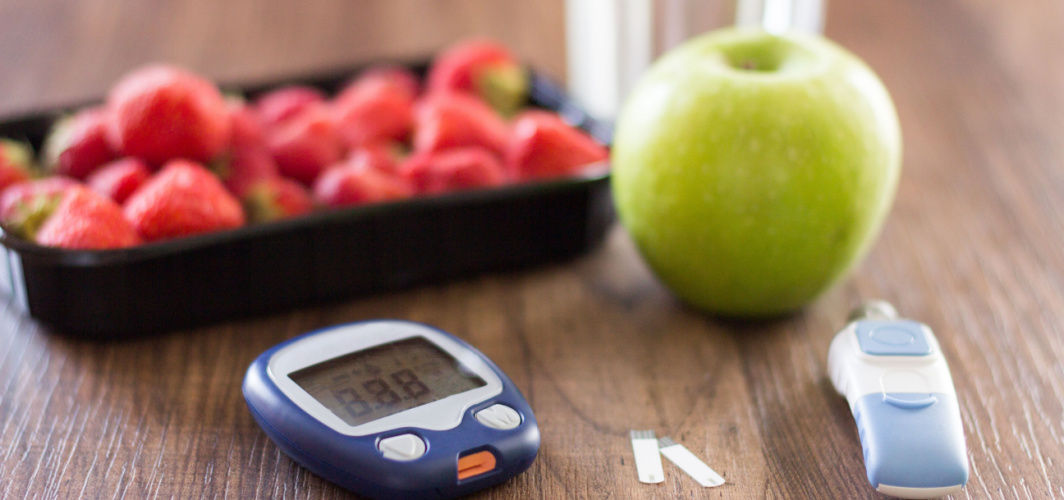Diabetes Management
Does Diabetes Increase the Risk of Heart Disease in Younger Women?
4 min read
By Apollo 24/7, Published on - 28 January 2021, Updated on - 06 September 2023
Share this article
0
8 likes

Studying the risk factors for heart disease in young women
- Below the age of 55 years,
- Between the age of 55 to 64 years,
- Between the age of 65 to 74 years, and
- Ageing 75 years or above.
Younger women with diabetes have a 10-fold risk of heart diseases
- Women with diabetes (irrespective of their age) had the highest aHR for CHD.
- Women below the age of 55 years had 10.71 aHR for CHD, whereas those at 75 years or above had 3.47 aHR for CHD.
- The reason behind this could be that these women showed the maximum number of risk factors associated with CHD, which include metabolic syndrome (high blood sugar and cholesterol), high blood pressure, obesity, and smoking.
- Women below the age of 55 years also showed high LPIR levels, which increases the aHR for CHD to 6.40, making them more prone to developing CHD.
- High levels of LDL in women under 55 years increased the risk of heart disease by 40%, while obesity, smoking and high blood pressure increased the risk of coronary disease by 4 times.
Earlier investigation with a similar conclusion
- 1941 women under the age of 45 years, diagnosed with MI
- 1170 women under the age of 45 years with no MI
- 4275 women in the age group of 63 to 64 years, diagnosed with MI
- Diabetes increased the risk of MI by six-fold
- Arterial high blood pressure (arterial hypertension) increased the risk of MI by four times
- High cholesterol levels in the blood (hypercholesterolemia) tripled risk of MI
- Smoking increased the risk of MI by 1.6 times.
Conclusion
Diabetes Management
Leave Comment
Recommended for you

Diabetes Management
Should Diabetics Fast in Navratri?
Fasting during Navratri can be a personal choice for individuals with diabetes, but it requires careful planning and consideration. Consulting with a healthcare provider is essential for creating a fasting plan tailored to your needs. Choosing low-carbohydrate, low-GI foods, staying hydrated, monitoring blood sugar levels, and being prepared for potential hypoglycemia are crucial aspects of successful fasting. If blood sugar levels become unmanageable or drop too low, breaking the fast is recommended. Listening to your body and prioritising health and safety are the keys to religious practices.

Diabetes Management
Can Diabetes Be Diagnosed Without Symptoms?
This article emphasises the importance of early screening for asymptomatic diabetes to prevent complications and guides readers on diagnostic methods, risk factors, and proactive management strategies.

Diabetes Management
New Draft Article
Subscribe
Sign up for our free Health Library Daily Newsletter
Get doctor-approved health tips, news, and more.
Visual Stories

8 Fruits That are Incredibly Healthy for Diabetes
Tap to continue exploring
Recommended for you

Diabetes Management
Should Diabetics Fast in Navratri?
Fasting during Navratri can be a personal choice for individuals with diabetes, but it requires careful planning and consideration. Consulting with a healthcare provider is essential for creating a fasting plan tailored to your needs. Choosing low-carbohydrate, low-GI foods, staying hydrated, monitoring blood sugar levels, and being prepared for potential hypoglycemia are crucial aspects of successful fasting. If blood sugar levels become unmanageable or drop too low, breaking the fast is recommended. Listening to your body and prioritising health and safety are the keys to religious practices.

Diabetes Management
Can Diabetes Be Diagnosed Without Symptoms?
This article emphasises the importance of early screening for asymptomatic diabetes to prevent complications and guides readers on diagnostic methods, risk factors, and proactive management strategies.

Diabetes Management